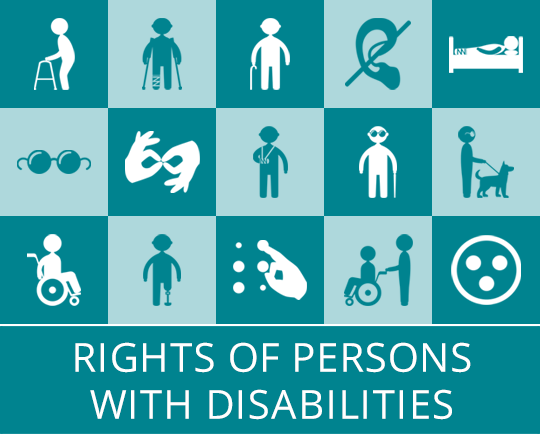Conference "Promoting Human rights of persons with disabilities"
Ambitions, Impact and Challenges Ahead
Dublin (Ireland), 5-6 November 2015
The Dublin Conference was organised in order to take stock and thoroughly evaluate the results achieved in the implementation of the Council of Europe Disability Action Plan during 2006-2015.
The Dublin Conference primarily dealt with the following items:
- Took stock of the implementation of the Council of Europe Disability Action Plan including impact on policy and legislative developments;
- Presented good practices identified in the framework of the implementation of the Council of Europe Action Plan;
- Presented challenges faced with its implementation;
- Set out the priorities and main lines of action for the future Council of Europe Disability Strategy (post-2015 four-year disability framework), focused at enhancing/assisting in the implementation of the UN CRPD;
- Facilitated and promoted partnerships and networks among stakeholders including government officials, specialised agencies and institutions, persons with disabilities, civil society, regional and international organisations (notably, the UN).
More about Recommendation Rec(2006)5
Recommendation Rec(2006)5 to member States on the Council of Europe Action Plan to promote the rights and full participation of people with disabilities in society: improving the quality of life of people with disabilities in Europe 2006-2015, contains a comprehensive set of measures to drive forward societal developments and demographic changes and promote a human rights based perception of disability.
Soon after the launch of the Council of Europe Action Plan, the UN Convention on the Rights of Persons with Disabilities (UN CRPD) was adopted. Both, the UN Convention and the Council of Europe Action Plan have a common underlying idea: achieve the full participation of persons with disabilities through the human rights-based approach. The paradigm shift from a medical and rehabilitation model to a human rights based approach is best summarised by the core principles of the Action Plan: independence, freedom of choice, full participation and equal access to political and public life.
In 2014 and 2015 the Council of Europe carried out the evaluation of the implementation of the Action Plan. It highlights significant progress and tangible results achieved over the ten years of its implementation such as changes in legislation, service provision, physical environment and attitudes. The evaluation also pointed towards remaining challenges including persistent discrimination and barriers to participation as well as divergence between the standards and practice at national level in all the 47 member States, with the implementation gap remaining a great challenge.



